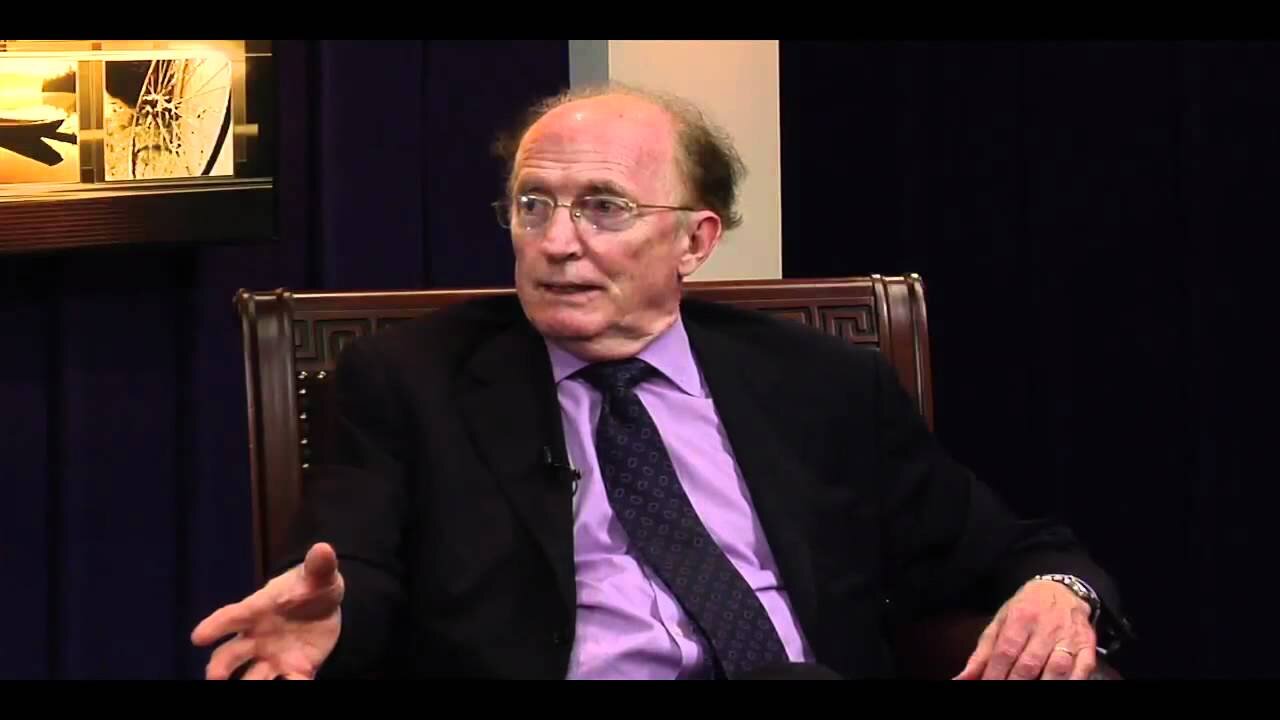US ‘tied more to Israel’s slaughter in Gaza’ by vetoing UN resolution: Robert Hunter
‘Veto further cheapened U.S. political and moral standing’

TEHRAN – Writing an article in Responsible Statecraft on Dec. 11, former U.S. ambassador to NATO Robert Hunter says the Biden administration has “tied itself even more to Israel’s slaughter in Gaza” by vetoing the UN Security Council resolution that called for a ceasefire in Gaza.
Hunter, who also served as director of Middle East Affairs on the National Security Council, said, “The veto further cheapened U.S. political and moral standing and made it harder for Biden to be seen as credible as a diplomatic leader once the war ends.”
An excerpt of the article, titled “Biden needs to stop coddling Bibi”, is as follows:
Of all the foreign policy challenges President Joe Biden faces, most difficult is the war in Gaza.
Yet because of the war in Gaza, with its linkage to overall Israeli-Palestinian relations and risks of escalation to other parts of the region, there may soon be an explosion dwarfing all other concerns facing Biden and his team.
Biden’s total support for Israel’s military retaliation (on Gaza following the Oct. 7 attack) was initially supported by most Americans, largely on a bipartisan basis.
But then the toll of destruction in Gaza mounted — as of this past week, more than 16,000 Palestinians have been killed, at least 40,000 more wounded, and more than 85 percent of the Strip’s population of more than two million has been rendered homeless with no safe place to go. All of this has been vividly displayed on U.S. television and cable media. Thus, the Biden administration began to rethink its hands-off support for Israel’s military campaign — but only with respect to its tactics, not its overall policy of destroying Hamas.
Washington worked through intermediaries, principally Qatar, to obtain a “pause” in the Gaza fighting in order to get Hamas to release some hostages and increase the flow of humanitarian assistance from Egypt into Gaza. Following the end of the pause, however, U.S. appeals to Israel have been limited to try to minimize civilian casualties in Gaza, or, as Secretary of State Antony Blinken put it, "taking more effective steps to protect the lives of civilians.” But so long as Israel continues to pursue the extirpation of Hamas, significantly limiting civilian casualties is impossible, as the Biden team must recognize. Notably, the world sees that Israel’s Prime Minister Benjamin Netanyahu has essentially rebuffed Biden, which impacts on U.S. credibility elsewhere, especially since the United States is universally seen as Israel’s sole patron. Certainly, America’s reputation for promoting humanitarian concerns has been severely damaged.
Both factors argue for the president to press Israel immediately to declare a cease-fire, not just a temporary “pause,” but one designed to end the war.
“Certainly, America’s reputation for promoting humanitarian concerns has been severely damaged.”
The gravity of risks in the Levant and potentially throughout the region means that the United States (and others) cannot once again return to indifference when this war ends. Biden has shown he is aware of this, and has recommitted himself to pursuing the so-called “two-state solution.”
Yet time is not on the side of “orderly diplomacy” that for a half-century has been the usual course. There is already a major risk of a new intifada on the West Bank, as most Palestinians have lost any hope of Israel’s willingness to recognize their basic human rights, much less permit a Palestinian state. They also see that Israel will not stop West Bank settlers from displacing and even murdering Palestinian civilians. The Palestinians also cannot count on support from Arab states. No Arab leader really cares for the Palestinians and none has even called into question their existing treaties with Israel or the so-called Abraham Accords.
Nor is it conceivable that, to do the necessary diplomatic work, the UN or countries other than the U.S. can lead or have any chance of success. Nothing will be possible unless Washington takes charge and makes clear to Israel that, as the occupying power, it must change its policies and practices toward the Palestinians.
On December 6, UN Secretary General Antonio Guterres reiterated his “appeal for a humanitarian ceasefire to be declared.” In the UN Security Council on Dec. 8, the United States vetoed the resolution and was joined only by Britain’s abstention. The Biden administration thus tied itself even more to Israel’s slaughter in Gaza, carried out in major part with U.S.-supplied bombs. The veto further cheapened U.S. political and moral standing and made it harder for Biden to be seen as credible as a diplomatic leader once the war ends.
Until October 7, Biden and his team gave Israel-Palestinian relations short shrift. So far, everyone has been lucky that the crisis has not spread across the region, with the possibility of wider war. Even so, Israel and Hezbollah have come to blows; Yemen has taken some pot-shots.
But luck is not a policy. The president must know that the Israeli-Palestinian crisis can’t again be pushed aside when this war ends. He needs to rebuild trust in the United States for strategic competence and then as an honest broker. He needs to show that the United States will place its own interests first, not anyone else’s. He needs to augment his foreign policy inner circle with outside experts in strategy and regional dynamics, but free from biases. And he needs to be prepared to run risks in American domestic politics.
It's a difficult agenda, but nothing less will enable President Biden to protect and promote U.S. strategic, political, and moral interests.
Leave a Comment